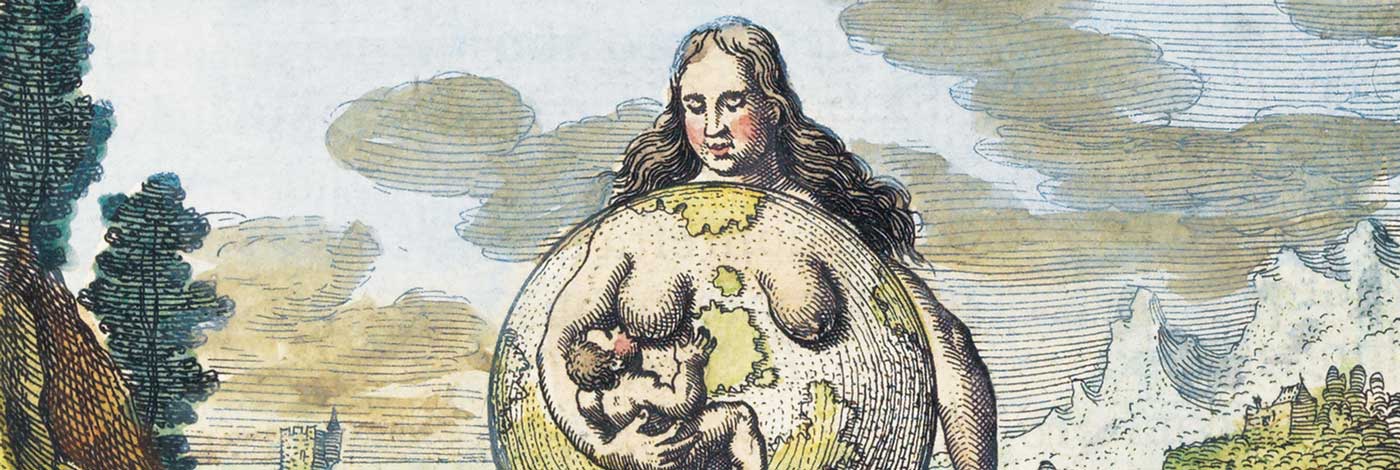
 Anthropozoologica
39 (2) - Pages 15-32
Anthropozoologica
39 (2) - Pages 15-32In Indonesia, the collection and commercialization of non-timber forest products give regular or extra income to the main agricultural activity, rice farming. On the island of Java, many rural families benefit from the selling of the asian weaver ant's larvae, Oecophylla smaragdina (Fabricius) (Hymenoptera: Formicidae), as songbird food or fishing bait. The paper presents the local knowledge and practices related to that minor, but economically essential, animal resource. The aim is to confront the resource's local management and ecology, as much as to show the production-commercialization system of its traded produce, called kroto.
Indonesia, ants, non-timber forest products, local management, collection, commercialisation.